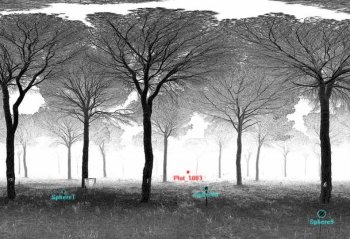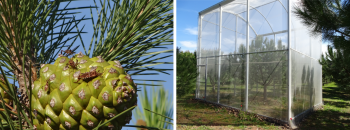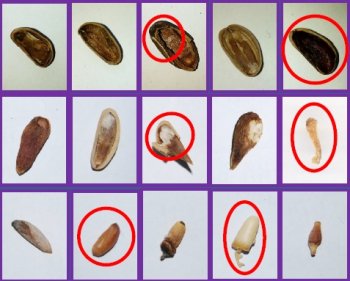Stone pine cone production estimated by Terrestrial Laser Scanner
The objective of the present study is to better understand the relationship between tree characteristics and cone production of Mediterranean stone pine. This was achieved by quantifying the gain in using detailed crown metrics in estimating cone production at individual tree level (number of cones per tree and average cone weight). Models based on traditional variables (tree size and stand characteristics) were compared to models that relied on crown metrics extracted from TLS data. The resulting models should help owners and managers to better predict cone production.



